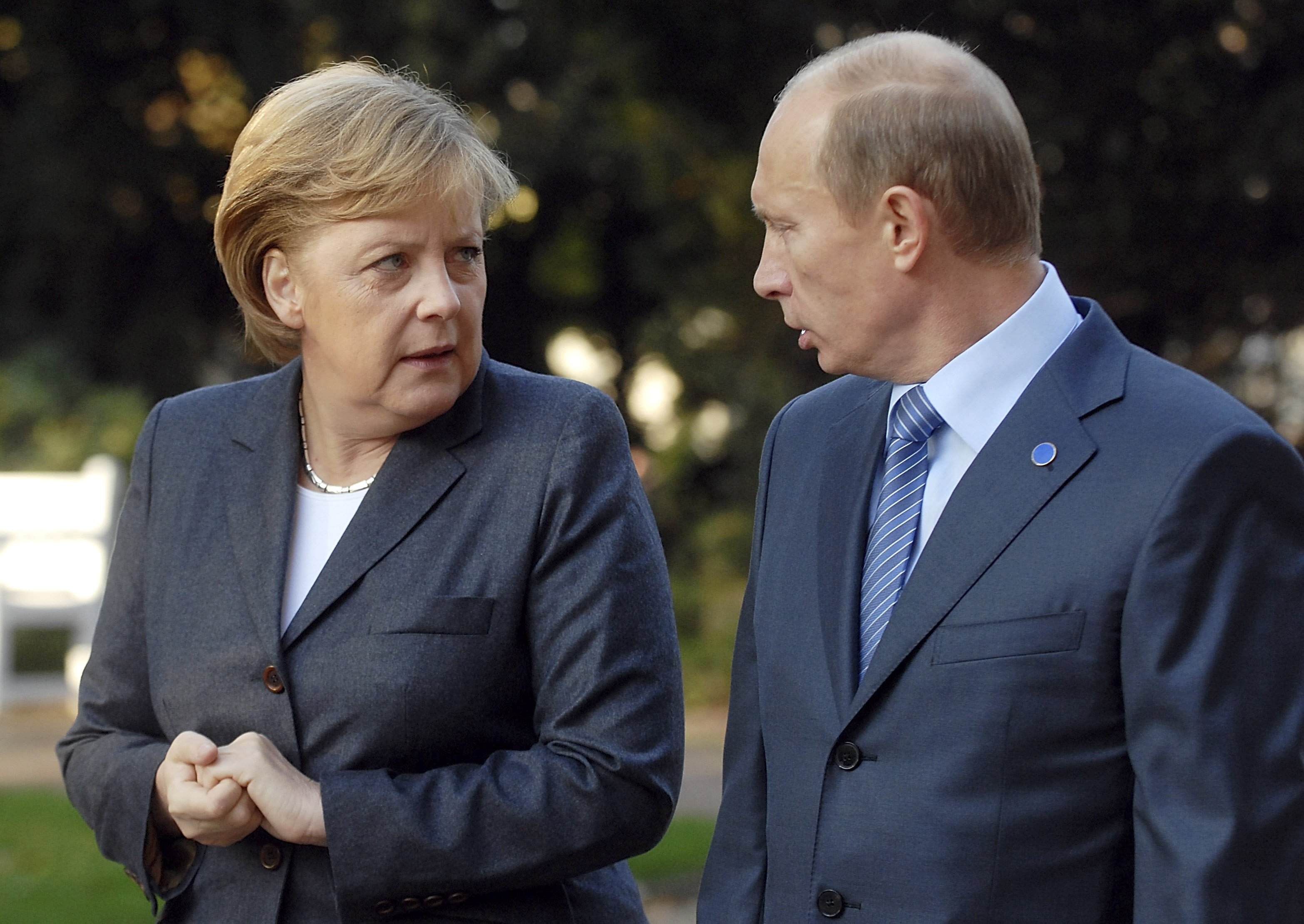
Why Merkel’s Germany Must Uphold Westphalian Sovereignty as Putin’s Russia Continues to Violate It
By William Ellison
[dropcap]A[/dropcap]s the world has turned its attention towards ISIS and Ebola recently, the crisis in Ukraine rages on. The United Nations reports that 3,700 people have been killed, 9,000 wounded, and 842,000 displaced. Russia has been integrally involved in the conflict, annexing the Crimean Peninsula and assisting the pro-Russian separatists in their struggle against Kiev with soldiers, arms, and training. In response, the United States and the European Union have introduced sets of sanctions against Russia. Germany, under Chancellor Angela Merkel, has taken a leading role in both the sanctions and diplomatic efforts to resolve the crisis. It must continue doing so, despite the vigorous protests of German businesses, in order to maintain international norms. Germany specifically is such a vital piece to the puzzle because of its economic ties with Russia, economic might, and history.

In light of recent breaches of the Minsk Protocol, Merkel has been calling for the implementation of additional sanctions. The protocol, signed by representatives from Ukraine, Russia, and the pro-Russian republics in Belarus’ capital, called for an immediate ceasefire, humanitarian aid to the Donbass, free elections, and the withdrawal of militias and mercenaries from the region. German Foreign Minister Frank-Walter Steinmeier, according to RT News, stated that German sanctions against Russia will only begin to be lifted if three main conditions are met: “withdrawing servicemen and heavy weaponry from the buffer zone, ensuring effective control on the border, and holding elections in the areas controlled by militias…” Merkel stressed, “We want to see actions. The plan (referring to the Minsk Protocol) isn’t enough. When it’s implemented, then we can talk about lifting sanctions.”
Nonetheless, Merkel has been receiving scathing criticism from the German business community. Much of this stems from Germany’s close economic ties with Russia, which means that sanctions will hurt Germany more than other Western countries. In 2014, Germany and Russia’s trade amounted to about €77 billion ($107 billion). Russian primarily exports oil and natural gas to Germany, while Germany supplies Russia mechanical products, chemicals, medicine, trains, automobiles, and other products. Additionally, German companies have invested €20 billion in Russia recently.
The ongoing sanctions have been particularly harmful to German “Mittelstand” companies, small, competitive businesses that form the backbone of the German economy. A study of 700 Mittelstand companies by Ernst & Young LLP in August found that one in five had experienced “negative impacts” because of the sanctions. The German-Russian Foreign Chamber of Commerce (AHK) reported in a survey that 20% of German companies with ties to Russia would have to cut jobs unless sanctions were lifted. Furthermore, The AHK expects that trade between Germany and Russia will drop by €12 billion to €65 billion this year. Nonetheless, most Germans stand behind Merkel: a poll by Forschungsgruppe Wahlen shows that over 50% of Germans support sanctions, even if the German economy consequently suffers.

Despite this economic pressure, Merkel’s Germany must continue its leadership role against Putin’s Russia. Germany’s economic ties with Russia put it in a unique position that is both positive and negative. Yes, the sanctions do hurt Germany proportionally more than other Western countries; but, simultaneously, a decrease in business between Germany and Russia also drastically harms Russia for the same reason. Further, Germany is also the largest economy in Europe; so, whatever example it sets is influential.
More importantly, Germany, as a major nation, must contribute to the maintenance of international norms. By its actions in Ukraine, Russia has violated the principle of Westphalian sovereignty, a building block of international relations. The violation is the first major one in Europe since World War II, where Nazi Germany violated this principle through its annexations of Austria and Czechoslovakia and subsequent invasions of Poland, France, the Soviet Union, and other nations. Westphalian sovereignty dictates that the internal affairs and territorial integrity of a given state are under the sovereignty (authority) of the state’s government and should not be interfered upon by other states. So, not only does Germany, as a major nation currently, have a role to play in confronting Russia, but also it specifically must play a leading role in order to prove that it is determined to uphold the principles that it once blatantly violated.
William Ellison ’18 is in Davenport College. Contact him at william.ellison@yale.edu